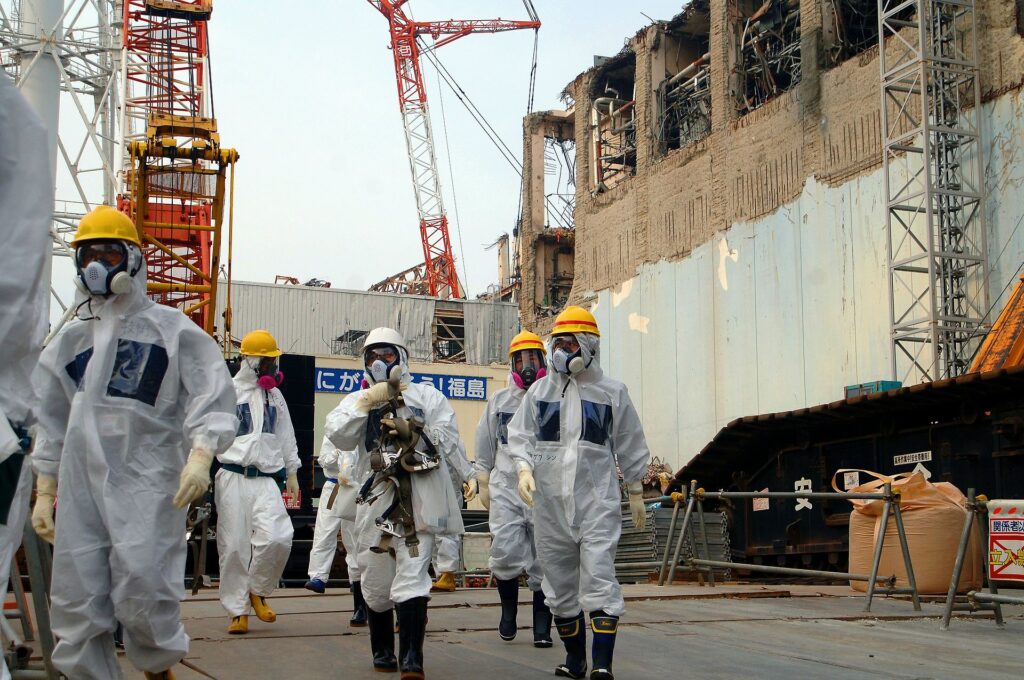

Natural disasters are at one and the same time to be expected and yet shock us to the core when they occur. The world of ICTs tends to be one of optimism, hope, anticipation of ever better things to come. ICTs represent a pinnacle of success for human ingenuity making technological breakthroughs, creating modes of communication that offer a better understanding of the world and adaptation of the laws of nature to the benefit of humankind. Yet, as the tragedy of Japan’s earthquake and tsunami and the radiation leakages from nuclear power stations show, we cannot even forecast where and when such tragedies will happen.
We do know why they come. The science of tectonic plates is well understood, although the idea was originally rejected by the conventional scientific wisdom of the day, just as was the idea that the age of the dinosaurs was most likely extinguished by a celestial object crashing into the surface of the Earth. The forces of nature are far too powerful for us to control them. Understanding them and being able to forecast them is likely the best we can do, but we cannot yet forecast the ‘where and when’ of earthquakes, despite various approaches to finding ways to do so.
So what can we do? First, if we are to continue to build nuclear power stations, we can certainly try to avoid building them in high risk areas. The issue is how to define a high risk area? Define them with a high degree of conservatism and suitable locations will be hard to find, but the risk when something goes wrong is so enormous that conservatism seems to be the sensible approach, assuming no realistic alternative to nuclear power. The ideal approach to solve this dilemma would be regional collaboration on sites and sharing costs and power supplies, maybe through regional grids. Funding more research into nuclear fusion would also benefit from a regional or global approach. It seems in keeping with the development of a global economy and might even boost regional efforts for controls on carbon emissions.
Second, the need for fast and efficient high quality information is vital in times of emergency. Restoring telecommunication, media and internetworks is the first step. The Tampere Convention on the Provision of Telecommunication Resources for Disaster Mitigation and Relief Operations (see https://www.reliefweb.int/telecoms/tampere/index.html ) is the UN’s guideline document, driven by the ITU but these days involving the Web community as well. Above all it calls for local regulatory restrictions to be lifted temporarily during a crisis when foreign assistance is forthcoming. In the case of Japan local efforts are probably sufficient in this area given Japan’s advanced state of ICTs, but restoring the submarine cables will require an international effort by consortium members.
Third, tragedies such as this highlight the need for more resources to be put into disaster forecasting, monitoring and communication and into disaster relief management. Both require considerable regional collaboration. There are well established systems already, but getting them to work effectively is ultimately the issue. The problem is usually local in receiving warnings and knowing how to disseminate and use the information. This is really a capacity issue involving three elements: adequate ICTs and infrastructure, trained personnel, and agency coordination. Maybe ICT companies can help take the lead by adopting a holistic approach to their in-country capacity building programs